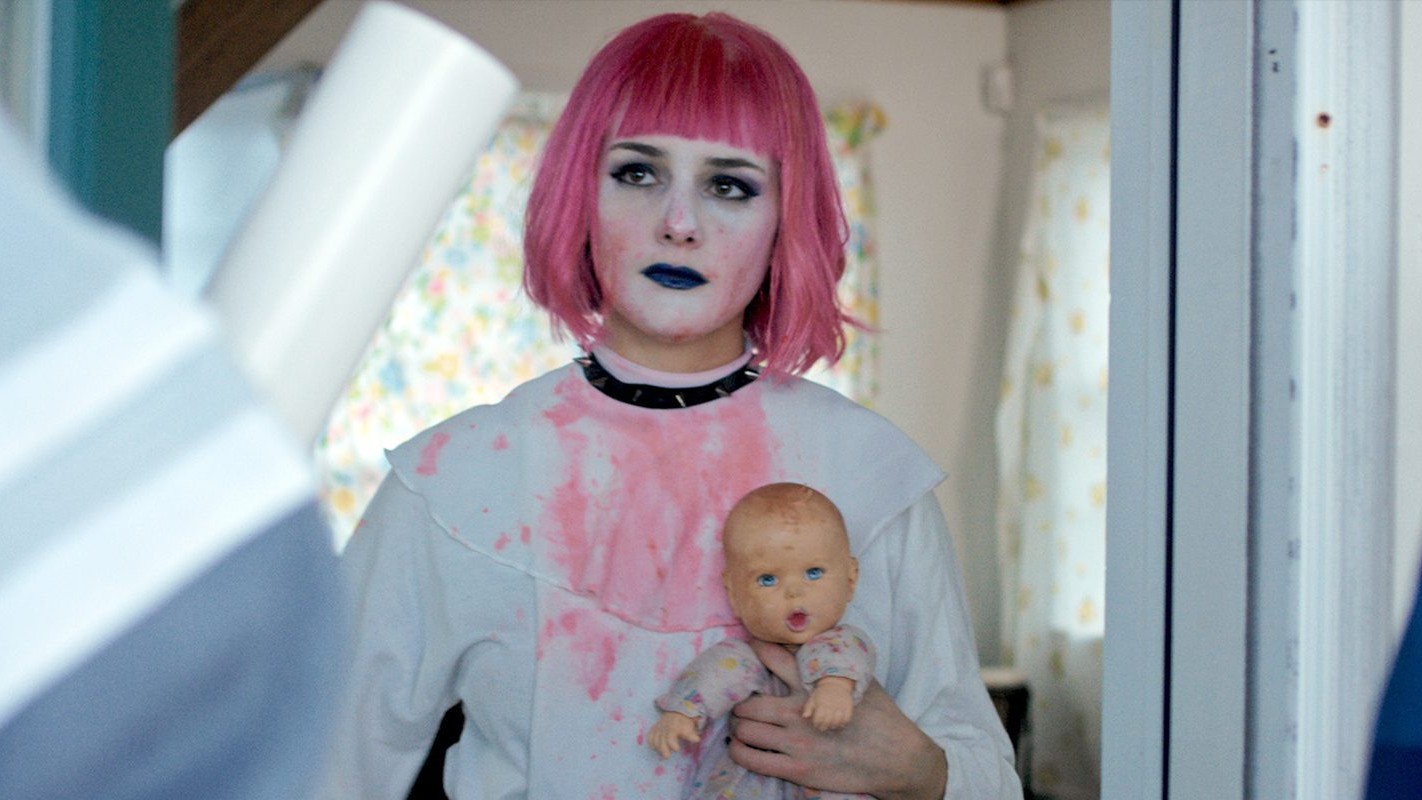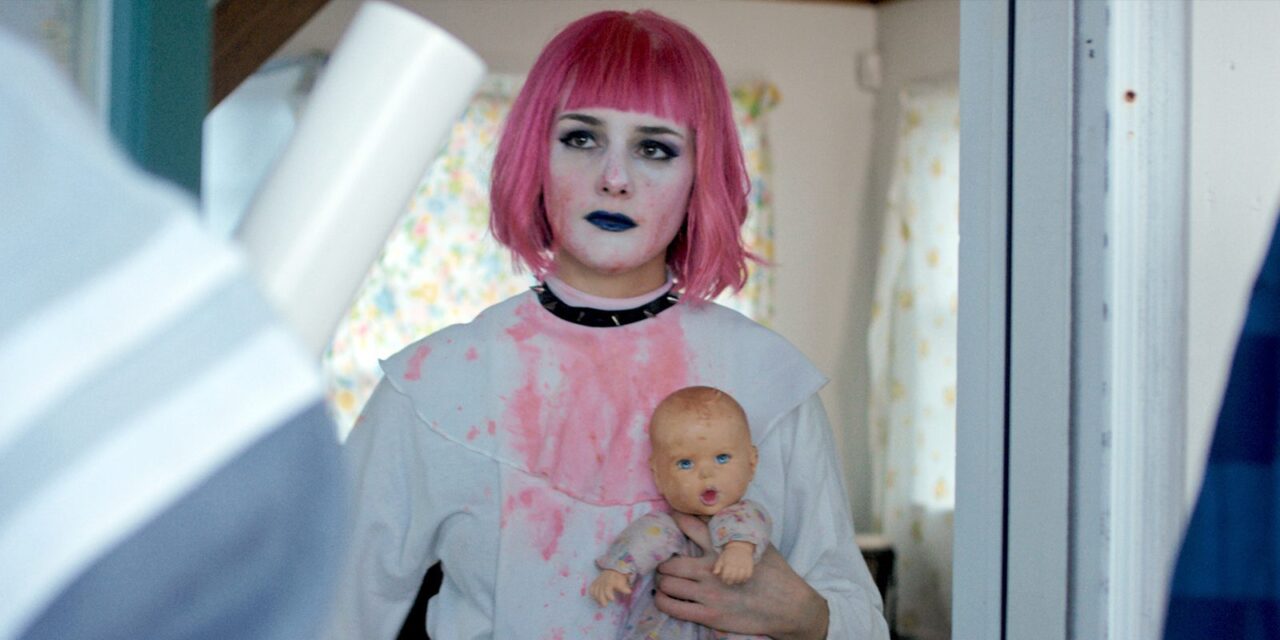Everyone watching can recognize some aspect of their own family as the Lunsfords invite us to see their biggest vulnerabilities, and how they are there for each other even when they don’t know how to be.
Zach Clark’s Little Sister holds many classic themes that dance around family and internal conflict, but what sets the film apart are these ideas composed with eccentric, multidimensional characters and suburban unrest. The film offers the audience a family dynamic that, although may look different from the ones we encounter in our own lives, is familiar and almost comforting in the ways the relationships and tensions are played out. Everyone watching can recognize some aspect of their own family as the Lunsfords invite us to see their biggest vulnerabilities, and how they are there for each other even when they don’t know how to be.
Addison Timlin plays Colleen Lunsford, a young, timid aspiring nun with a dark, gothic (and somewhat ironic) past. She has distanced herself from her family but decides to visit home once she finds out her brother Jacob (Keith Poulson) has returned from war and is living under her parents’ roof. We soon learn through nostalgic home videos about the close companionship the siblings share. This is hindered, however, by Jacob’s unwillingness to leave his room or accept any company. Also introduced is the strained relationship between Colleen and her mother, Joan (Ally Sheedy), which brings a familiarity of the particular conflict that comes with many mother-daughter relationships, but is heightened by Sheedy’s somewhat neurotic and emotionally unstable character. Joan brings a strong and unpredictable energy to the scenes she appears in, which serves as a nice compliment to Timlin’s modest and humble character.
The story continues as Colleen attempts to rebuild both relationships after years of distance. Her newfound goodwill and conscience from her time in the convent mixed with her family’s bewilderment as she prays before every meal and speaks of the grace of God provide the film with many subtle comedic moments. This, mixed with the interwoven storylines of her brother and his girlfriend, her parents and their marijuana habit, her eccentric best friend from high school, and her relationship with her mother superior builds a complex composition that defines well-rounded characters and keeps the viewer’s attention. The most volatile conflict – Colleen and Joan – continues to build throughout the 91-minute film until it reaches its climax in a scene filled with deep vulnerabilities and emotion. This adds just the right amount of drama to a film that is otherwise light on emotional expression and brings an even deeper understanding and compassion to the parent-child relationship.
Subtlety is the key word when describing this film. The cinematography is straightforward, the scenery embodies every sleepy small town across America, and the quiet demeanors of the characters produce low energy scenes mixed with impassive humor. But all of these understated facets further point the audience to the bigger picture: incessant family support. There is a deep misunderstanding that each of the family members have for one another’s lifestyle, but they are persistent in still holding a place in each others’ lives. Clark underscores realism with his depiction of family life, and it leads to an offbeat, unpredictable, but all-the-while endearing hour and a half watch. If Little Sister does nothing else for you, it will at the very least leave you with a small inclination to call your mom.
‘Little Sister’ is not rated. 91 minutes. Opening at Arena Cinemas in Hollywood on Friday, October 28th.
Simone Buteau
Simone is a TV/Broadcast Journalism student at Chapman University with a passion for storytelling. She is so grateful to be joining the Cinemacy team where she hopes to not only share her passion for films through reviews but also investigate the different stories that go behind every film.


